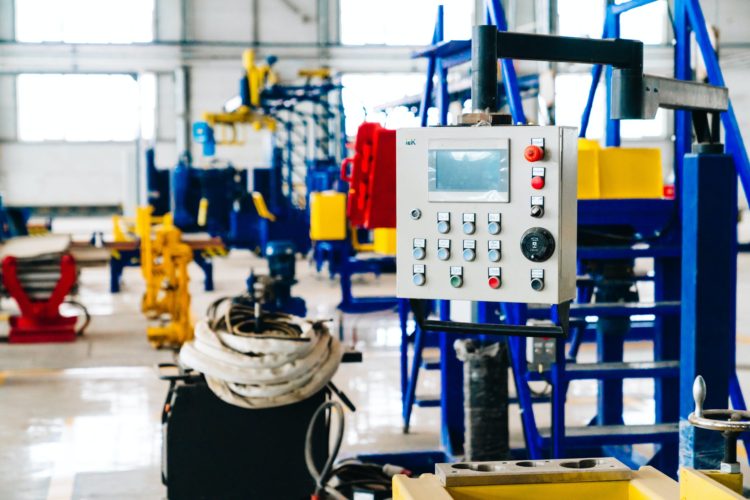The COVID-19 pandemic has had a profound effect on the development of robotics and automation with technologies such as 5G, cloud, Internet of Things (IoT), cybersecurity and artificial intelligence (AI) set to disrupt industries in the next 12 months.

Charlotte Dunlap, principal analyst at GlobalData, says the pandemic has shown us just how vital intelligent automation and robotics advancements are for the new world of work.
She added that enterprises are transforming traditional business processes such as X and Y into smooth, automatic workflows—vastly improving customer experience.
“The result will be a new workforce, whereby robotic process automation (RPA) replaces repetitive and mundane jobs while humans cover tasks that require personal interactions and high productivity,” she continued.
While robotics’ core heritage has always been RPA, more capabilities are coming to light, ranging from process mining and intelligent document processing to API integration (where two apps are connected).
Dunlap opines that of the capabilities gaining popularity, process mining is certainly the most noteworthy.
“Process mining is the process of extracting and discovering patterns in data and turning these into actionable insights. In a nutshell, process mining helps operations identify hot spots where employee efforts are being wasted and/or processes are operating inefficiently and need reengineering,” she added.
As a result of process mining’s progress, an increasingly popular use case for RPA is in intelligent document processing (IDP), which leverages AI and RPA to improve organisations’ operational efficiencies around document-intensive workflow processes.
Dunlap says the most compelling about emerging robotics innovations is how relevant enterprises consider the technology for addressing their current, not future, digital and transformation issues.
“Nearly 75% of executives surveyed by GlobalData (Emerging Technology Trends Survey) said automation technologies will disrupt their industry over the next 12 months, leading the pack over other critical technologies included in the survey included cybersecurity, AI, 5G, cloud computing, and IoT,” she noted.




